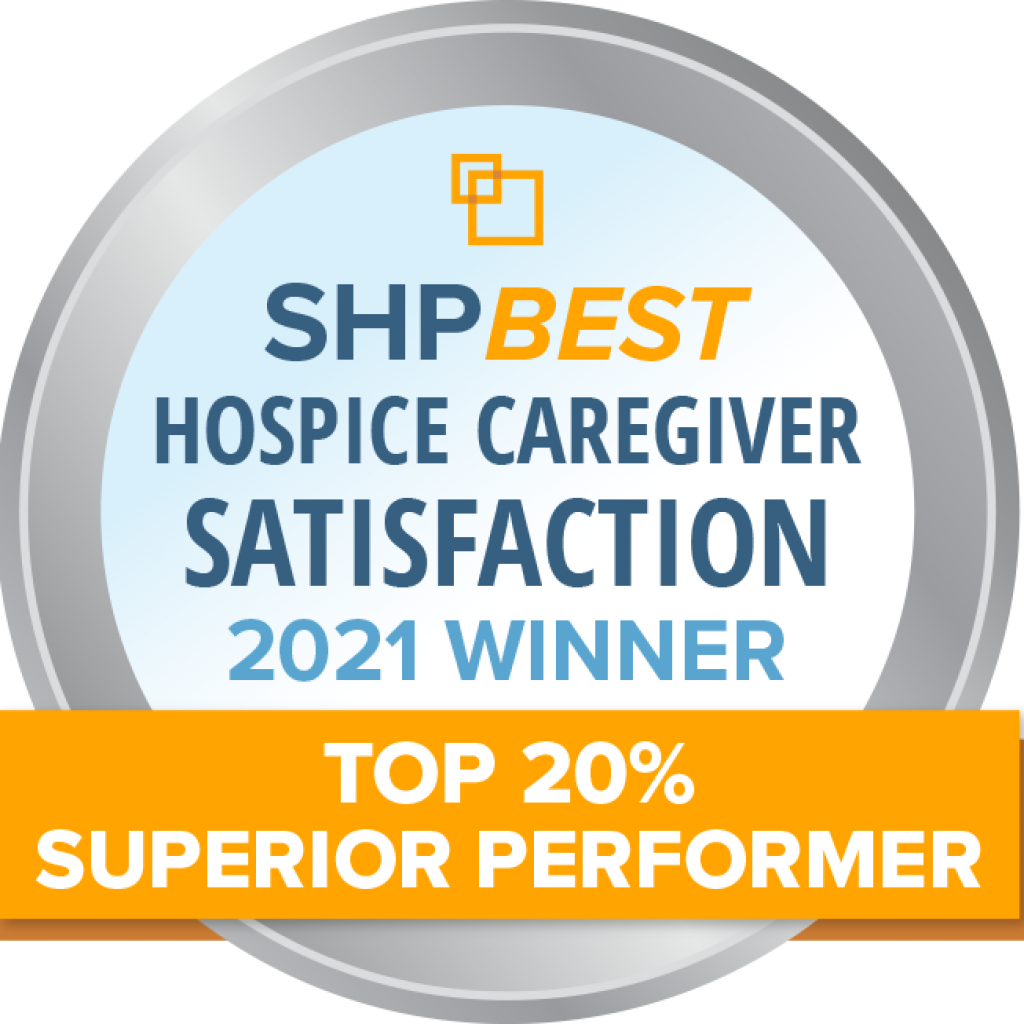By: Wilma Peterson, RN
According to the American Lung Association, Chronic Obstructive Pulmonary Disease (COPD) is the third leading cause of death in the United States. Due to the distress and panic caused by difficulty in breathing, living with COPD can be stressful for both the patient and the family. Doctors are beginning to call for earlier hospice referrals for these patients. If accessed at the right time, hospice care can better manage symptoms, prevent unnecessary hospitalizations, and better quality of life.
Patients with advanced COPD are eligible for hospice care, which is fully covered by Medicare, some private insurances, as well as assistance from Veterans Affairs. Hospice patients have access to the appropriate care and medications, allowing for more restful periods and easier breathing. Identifying these factors early can relieve symptoms such as anxiety, panic, labored breathing, and intractable coughing that are uncontrolled with regular medications and traditional therapies.
Factors to consider when deciding whether a COPD patient is appropriate for a hospice referral include:
- The patient has a projected life expectancy of 6 months or less
- All therapies, including medications and rehabilitation, have been exhausted
- The patient has frequent emergency room visits and hospitalizations due to exacerbation of COPD
Eight benefits of early hospice referral for those with COPD
Receiving hospice care early allows for the expertise of a focused team of professionals:- Physician
- Nurses
- Social worker
- Chaplain
- Ancillary services
- Early intervention. The earlier the referral is made, the more it allows the patient and the family to choose the right hospice company and be a part of the care plan.
- Managed care. A physician leads the hospice care team. The physician can order the appropriate medications and therapies and cater to a plan to meet the patient’s specific needs.
- Skilled Nurses. A registered nurse will meet with the patient and family and can admit the same day. The nurse will also reconcile all medications, put together a plan that focuses on managing symptoms, and provide relief of pain and respiratory distress.
- Hospice Aides. Health aides assist with normal daily activities:
- Washing
- Grooming
- Dressing
- Ambulating safely
- Other household chores
- Medical Social Worker. A social worker will assist with accessing support in the community, such as respite care and other services. The end-stage of COPD causes a severe reduction in personal and social quality of life with increased stress levels for all involved.
- Chaplain. Clergy to meet the patient and their family’s psychological and spiritual needs, assisting them through the grieving process.
- Ancillary services. Other ancillary services like physical therapy and occupational therapy, strengthen muscles to assist with safety and allow for a sense of independence.
- Respite Care. Allows time for self-care and rest, which can help with a change in attitude and mindset in caring for your loved one.
Living easier with hospice care
Early hospice referrals allow for the early management of symptoms by:- Having the appropriate therapy and staff when needed
- Avoiding the stress of emergency exacerbations and hospital visits
- Providing a more focused approach to the patient and caregiver
- Alleviating stress and encouraging future planning like spending quality time and making plans



